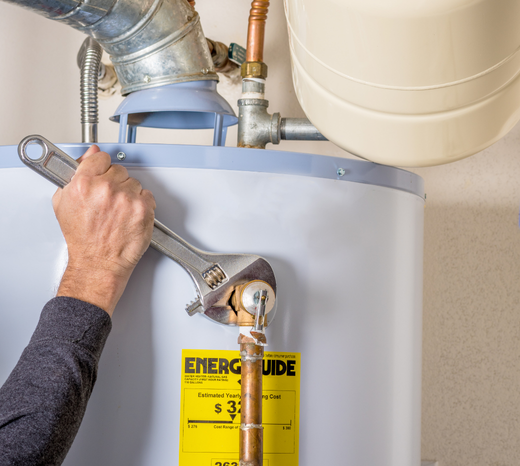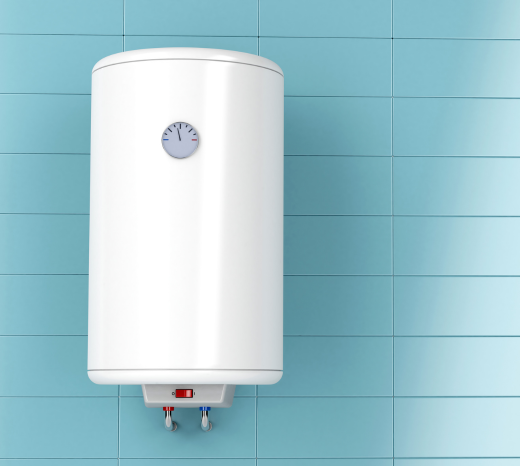Tankless and hot water tank heaters in Waterloo and Listowel
Your water heater works hard every day to provide the hot water you rely on for cooking, cleaning and comfort. But without regular care, it can suffe...

Your water heater works hard every day to provide the hot water you rely on for cooking, cleaning and comfort. But without regular care, it can suffer from one of the most common and damaging issues homeowners face: sediment buildup. Left unchecked, this buildup can cause everything from strange noises to full system breakdowns—leading to expensive repairs or even premature replacement.
In this blog, we’ll break down what sediment buildup is, how it affects your water heater and what steps you can take to prevent it and keep your system running efficiently.
What is Sediment Buildup?
Sediment refers to minerals—primarily calcium and magnesium—that are naturally found in hard water. When this water is heated inside your tank, these minerals separate from the water and settle at the bottom of the water heater tank. Over time, this accumulation forms a layer of sediment that can interfere with the heater’s performance.
Sediment buildup is especially common in homes with hard water. As more particles settle with each heating cycle, the layer thickens, creating a barrier between the heating element and the water itself.
How Sediment Buildup Affects Your Water Heater
If left unaddressed, sediment buildup can have several negative impacts including:
- Reduced Efficiency: The heater has to work harder to warm water through the insulating layer of sediment, wasting energy in the process.
- Increased Energy Bills: That reduced efficiency directly translates into higher utility costs.
- Overheating and System Strain: The sediment can cause hot spots that lead to overheating, increasing wear on components and the risk of damage.
- Less Hot Water Capacity: Sediment takes up space inside the tank, leaving less room for heated water.
- Strange Noises: A popping or rumbling sound is often a sign that sediment is reacting to the heating element.
Shorter Lifespan: All of these issues can lead to premature failure of your water heater.
How to Prevent Sediment Buildup
With a little maintenance, you can avoid most sediment problems by doing the following:
- Regular Water Heater Flushing: Flushing your tank once or twice a year can remove accumulated sediment before it becomes a problem.
- Install a Water Softener: In areas with hard water, a softener helps reduce the amount of minerals entering your water heater in the first place.
Professional Inspections & Maintenance: When you call Cross Heating and Air Conditioning, our expert technicians inspect your system, flush the tank if needed, check for damage and ensure your unit is working at peak performance.
Regular maintenance doesn’t just prevent problems—it improves energy efficiency, extends the life of your water heater, and ensures you always have a steady supply of hot water when you need it.
Sediment buildup may be common, but it’s also preventable. By understanding the warning signs and committing to regular maintenance, you can protect your water heater from costly damage and keep it running efficiently for years to come.Don’t wait until there’s a problem—call Cross Heating and Air Conditioning today to schedule your water heater inspection and maintenance!




